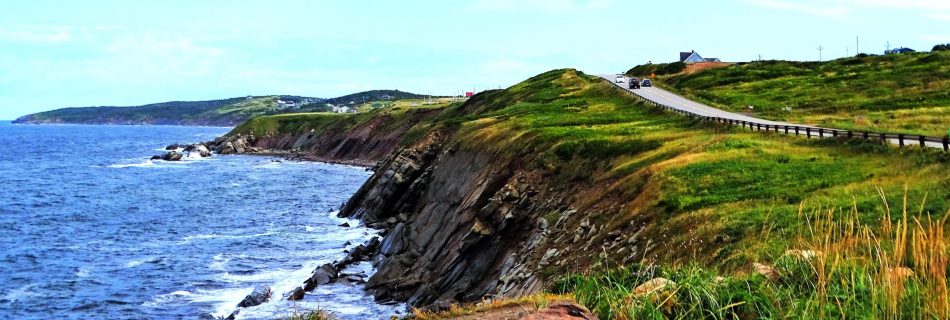#climatebrawl – Gerald Kutney
Episode Three – Northern Latitudes: Find Your Way PodCast In this episode guest, Gerald Kutney and I discuss climate change denialism, the politics of oil and the Ottawa protest… Gerald is a commentator on MSM and social media on the politics of the climate crisis. He has authored the book Carbon Politics and the Failure …









